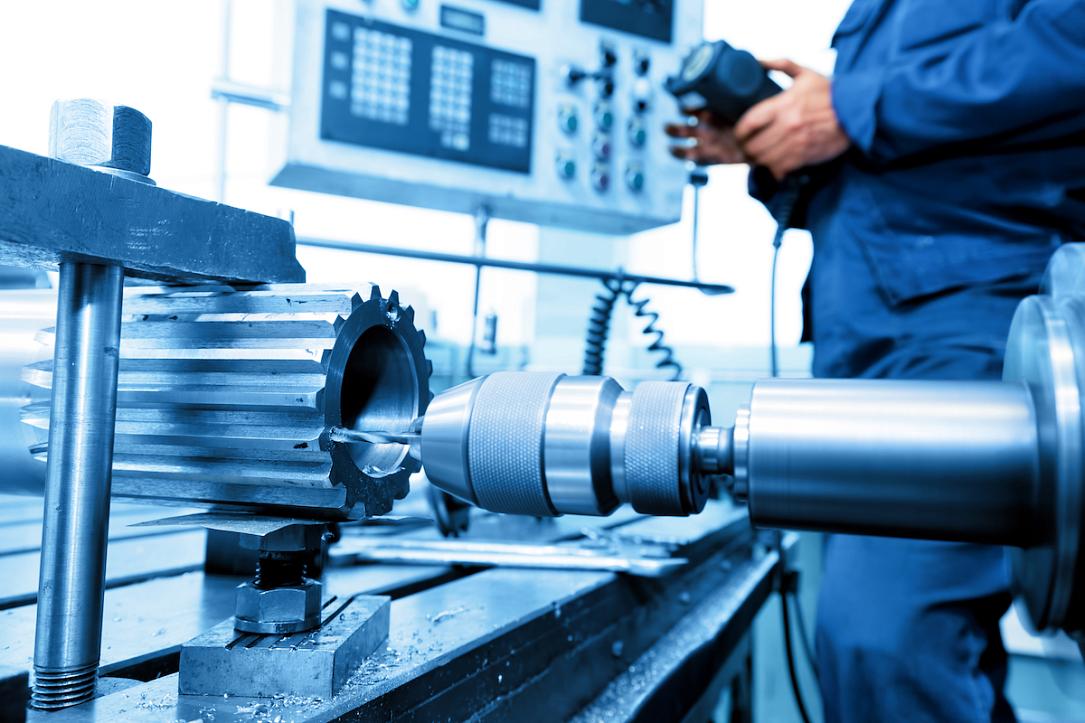Romania’s industrial production shrinks by 5.1% y/y in 12 months to November



Romania’s industrial production in 12 months to November 2023 contracted by 5.1% y/y, with the core manufacturing industries showing a somehow slower decline (-4.5% y/y).
The annual decline was 4.6% y/y in each of the second and third quarters of the year, while it sweetened slightly in October (-2.3% y/y), but this doesn’t change the overall picture.
The government expects the industry to bottom out in 2024 and post significant growth rates in the years to come: +3.5% in 2025 and +4.2% in 2026.
The value added generated by the sector is likely to advance slightly faster, given the shift of industrial structure towards higher value-added industries.
This remains a scenario pinpointed at this moment by only hopes for large infrastructure projects providing an impetus to horizontal industries. The Resilience money and other projects, such as Neptun Deep offshore, are the sole relevant drivers at this moment when Europe’s economy is not thriving.
The industries that lost ground at a high rate are many, like the reasons behind them: coal mining (decarbonisation), light industry (rising wages), chemistry (expensive natural gas), metallurgy (expensive energy), wood processing (tighter regulations) and even construction materials (decelerating residential real estate development).
Very few industries posted notable growth rates: automobile industry, manufacturing of electronic and optical devices (partly for the automotive industry), food and beverages (rising domestic demand) and tobacco industry (the most resilient industry so far).
iulian@romania-insider.com
(Photo source: Michal Bednarek/Dreamstime.com)